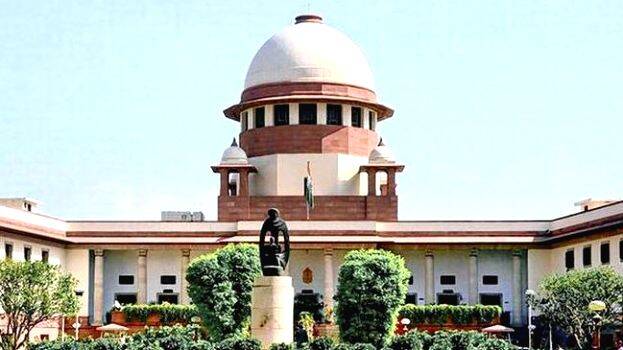




For the same offence, the sentence imposed by the lower court may not necessarily be the same as that imposed by the higher courts. The sentence may be increased or decreased on appeal. In rare cases, the sentence may get cancelled. Punishment can also vary depending on how each judge judges each crime through the eyes of the law. Our country does not have the same punishment for the same crimes as in many other countries. The Supreme Court has opined that we do not have a sentencing policy with clear criteria for determining the punishment for the accused, and the present practice of sentencing at the discretion of the judge should be changed. The apex court also directed the central government to form a special commission to frame the punishment policy.
Central government has been asked to submit an affidavit within six months specifying the steps taken for this purpose. The recommendation came from a bench of Justices MM Sundresh and SVN Bhatti. In Bihar, the High Court had ordered a retrial in the POCSO case in which the trial court had awarded the death penalty and made observations against the judge who had awarded the death penalty. The Supreme Court gave instructions that would turn the tide in the criminal justice system in the country, rejecting the appeal filed by the judge against this. The judge had awarded the death sentence the same day the trial in the POCSO case was over. Complaints were also raised that time was not allowed for the defence to present its arguments.
The bench has opined that the practice of leaving it to the discretion of the judge as to which of the punishments prescribed in the law should be given to the accused should be ended. It is imperative that there are clear criteria and guidelines for awarding punishment. When that happens, the judge will not have to decide the punishment according to his discretion. It is a big shortcoming that we are unable to formulate a clear penal policy even three-quarters of a century after independence. Sentencing for various offences across the country will take on a uniform character when a uniform sentencing policy comes into place. Formulation of punishment policy should be done after detailed discussions and opinion formation.
The government should appoint a commission for this under the leadership of a retired Chief Justice or a senior judge. A committee consisting of legal experts and prominent socio-cultural workers should make recommendations. Another important matter pointed out by the Supreme Court in this case is that no sentence should be a snap decision. Punishment should be decided after taking time and evaluating all aspects. Otherwise, there is a high chance of errors. Our law does not say anything about the conditions to be followed while imposing punishment. The court had pointed out that the announcement of punishment is being done in a random manner and there is a need for a guideline to change it. Steps should be taken by the central government to implement it as soon as possible.